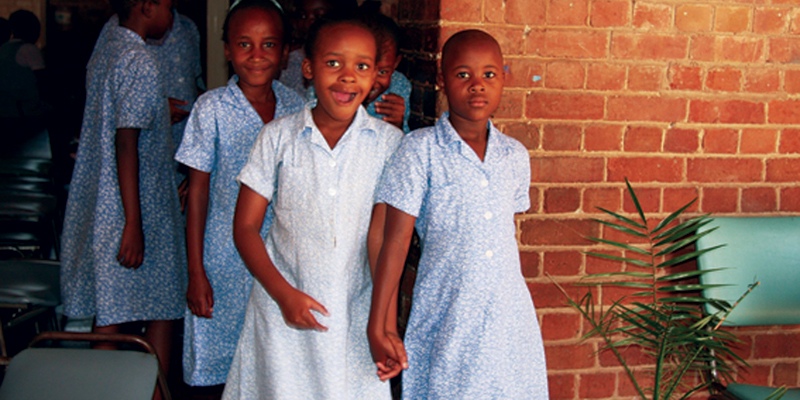
MORE schools in Zimbabwe should adopt the concept of inclusive education to increase accessibility of children with disabilities who struggle to be enrolled into “normal” schools which are not equipped to deal with their needs.
By Phyllis Mbanje
Worldwide, only 10% of children with disabilitiesin low and middle income countries attend school, and their participation in education remains low.
“Inclusive Education is no longer a new phenomenon but what remains is our total commitment to its implementation,” said Verina Chomsora, a project officer with the Leonard Cheshire Disability Zimbabwe Trust (LCDZT).
A myriad of challenges and barriers which include attitudes, prevent children with disabilities from realising their full potential at school.
Some teachers are not equipped to handle children with disabilities while some parents do not want their children to learn with children with disabilities. Parents of disabled children may also not give their children a chance as they consider them hopeless.
The concept of inclusive education takes into account all these issues like teaching materials that meet the need for the disabled children and accessibility of the schools.
“Children with disabilities must access school nearest to their homes where they will be able to learn with their able bodied brother and sisters,” said Chomsora.
- Chamisa under fire over US$120K donation
- Mavhunga puts DeMbare into Chibuku quarterfinals
- Pension funds bet on Cabora Bassa oilfields
- Councils defy govt fire tender directive
Keep Reading
LCDZT is supporting this initiative in the four districts of Mashonaland West Province .
Meanwhile three primary schools in Zimbabwe recently joined the rest of the world in a campaign dubbed ‘We ring the bell’ which raises awareness on the rights of disabled children in developing countries to go to school.
For one minute, the pupils at Mupawose, Munyaradzi and Rubatsiro Zimcare Special School in Kadoma made as much noise as they could before lessons started, during lunch breaks and at the end of the lessons.
“Doing so they celebrated that they can go to school and at the same time asking and seeking attention for those children who have the right to go to school but they cannot go to,”said Nomadumazile Dube theResource Development and Communication Officer with LCDZT.
The campaign is an initiative of the Dutch Liliane Foundation, and thousands of pupils in primary education in Africa, Asia, Europe and Latin America take part on March 12 of every year.
“The activity is carried out worldwide in the same way. Schoolchildren with and without disabilities will make a tremendous racket together for one minute. They hope to attract the attention of policy-makers and others who are in a position to eliminate the barriers that prevent children with disabilities from going to school,” said Dube.











